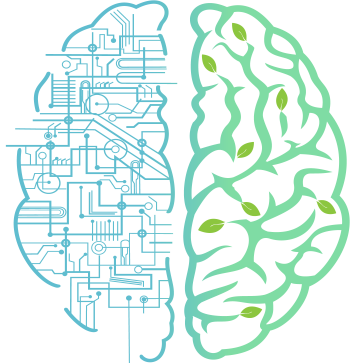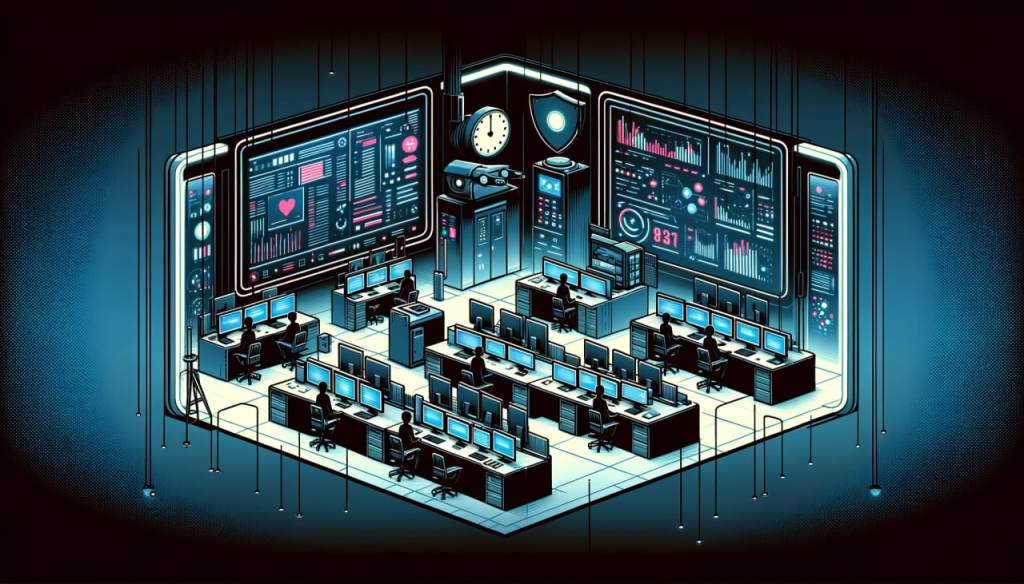Key Points
- Employee-monitoring software, often called bossware, is on the rise, despite concerns about its impact on morale and privacy.
- AI is playing a role in the growth of these surveillance tools, which can be seen as invasive by employees.
- Balancing productivity and privacy in the workplace is becoming increasingly crucial as these technologies gain traction.
AI Blunders and Bossware: The Tech World’s Comedy of Errors
The rise of AI-induced unfairness at work, driven by employee-monitoring software often dubbed “bossware,” is a pressing issue. While it’s marketed as a productivity booster, it often does the opposite, leading to plummeting morale.
I’ve personally felt the intrusion of such monitoring as a remote contractor, with frequent screenshots and more. It takes a toll on employee well-being.
Unfortunately, rather than waning, the use of these tools is on the rise. This growth is fueled by AI advancements and a persistent, unfounded mistrust of remote work.
Expanding the Scope of Bossware
Employee monitoring software, commonly referred to as bossware, has become increasingly prevalent, particularly during the COVID-19 pandemic.
This surge in usage is largely attributed to the need for employers to monitor remote workers, especially across different channels and time zones.
As a result, bossware has evolved to include various surveillance techniques, ranging from keylogging to remote control capabilities, significantly expanding the depth and breadth of employee monitoring (TechTarget).
Despite its purported benefits, bossware raises significant concerns regarding employee privacy and well-being. The rise of bossware has led to debates about the balance between employer oversight and employee autonomy.
Instances of bossware use in educational institutions, such as by the Macomb Community Unit School District No. 185 in Illinois, have further complicated the conversation, indicating the software’s reach beyond traditional workplace settings.
Moreover, the increasing sophistication of bossware, powered by AI and machine learning, raises ethical questions about fairness and bias in workplace monitoring.
The extensive data collection capabilities of these tools, from location tracking to video monitoring, have grown significantly post-pandemic, making employee behavior data a valuable commodity for employers. However, this also intensifies the risk of over-surveillance and misuse of data.
In response to these concerns, legislative efforts are underway in the U.S. to set boundaries on the use of surveillance tools in the workplace. The proposed Stop Spying Bosses Act aims to regulate employer use of these tools, indicating a growing recognition of the need for legal frameworks to manage bossware’s impact on the workforce.
As bossware continues to evolve, the debate on its implications for employee productivity, privacy, and overall well-being remains at the forefront of discussions in both corporate and legal circles.
Uncover how Productive Place ensures you’re well-informed about crypto news and trends. Learn more about us or find ways to support our work.











Leave a comment